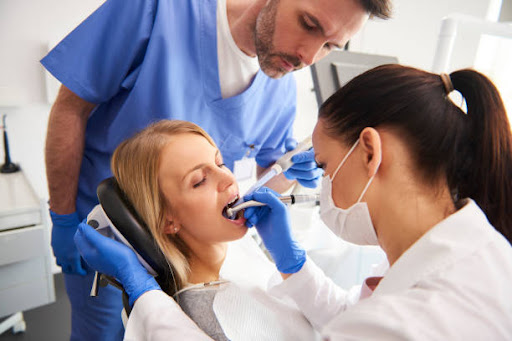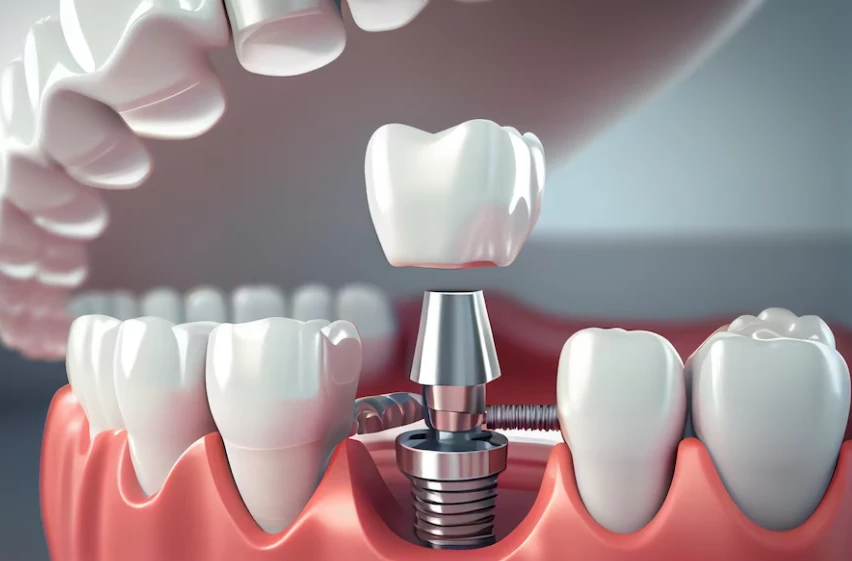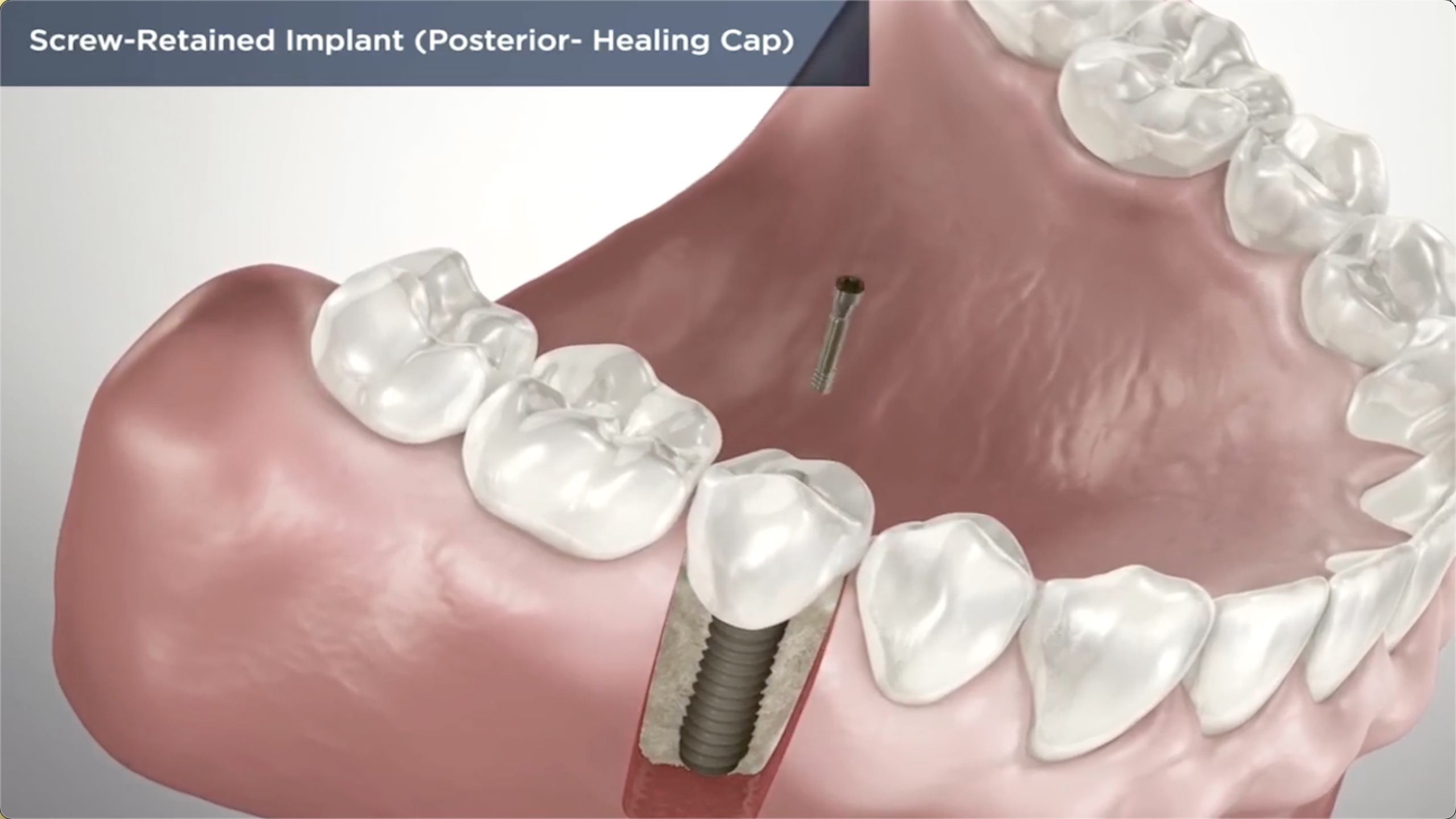Teeth Cleaning Services Vancouver WA
Expert Teeth Cleaning in Vancouver, WA: Brighten Your Smile & Improve Your Health

At Cascade Dental, we’re passionate about helping you maintain a healthy, beautiful smile. Regular teeth cleanings are a key part of good oral hygiene, helping to prevent gum disease, cavities, and more. Whether you’re due for a routine cleaning or want to address a specific concern, our professional team in Vancouver, WA, is here to make sure your dental care is comfortable, efficient, and effective.
Why Teeth Cleaning is Essential for Your Health
Routine teeth cleaning is not just about keeping your smile white—it’s essential for your overall health. Professional cleanings remove plaque and tartar that can lead to gum disease, bad breath, and tooth decay.
Neglecting regular cleanings puts you at risk for serious health issues, including heart disease, diabetes, and respiratory infections. Studies have shown that poor oral health can affect your entire body, leading to complications that can affect your general well-being.
Dental hygiene doesn’t just affect your mouth; it impacts your body. Poor oral health can lead to:
Gum Disease
Bacteria in your mouth can enter the bloodstream and contribute to conditions like heart disease, stroke, and diabetes.
Bad Breath
Plaque and tartar buildup can cause persistent bad breath, which may indicate underlying oral health issues.
Tooth Decay
If plaque isn’t removed, it hardens into tartar and creates an ideal environment for cavities and other dental issues.
By getting regular teeth cleanings at Cascade Dental, you help keep your smile healthy and prevent these more serious complications.
How We Provide Professional Teeth Cleaning Services in Vancouver WA
At Cascade Dental, our dental hygienists use advanced tools and techniques to provide a thorough cleaning that at-home brushing can’t achieve. We gently remove plaque, tartar, and stains from your teeth, ensuring that your smile stays fresh and healthy.
Our process begins with a detailed examination of your teeth and gums to identify any signs of buildup or areas that may need extra attention. We use specialized instruments to clean each tooth, focusing on hard-to-reach places where plaque and tartar tend to accumulate. Our team takes the time to explain the process, ensuring that you feel comfortable and confident during your visit.
Unlike over-the-counter products, professional cleanings target all areas of your mouth, helping to maintain a clean, smooth surface and healthy gums. We’re committed to providing an experience that’s gentle and effective, leaving you with a clean and refreshed feeling after every visit.
The Long-Term Benefits of Regular Teeth Cleaning
Maintaining regular professional teeth cleanings has numerous benefits that go beyond a bright, white smile. Here are some of the long-term advantages:
- Prevent Gum Disease: Regular cleanings help prevent gingivitis and more severe gum diseases, which can cause tooth loss if left untreated. Cleaning removes plaque and tartar that irritates the gums and leads to infection.
- Whiten Your Teeth: Cleanings help eliminate surface stains from coffee, tea, wine, and other foods, giving you a brighter smile. We also polish your teeth to remove any surface discoloration, leaving them looking cleaner and more vibrant.
- Overall Health: A healthy mouth leads to a healthy body. Studies show that regular teeth cleaning reduces the risk of systemic health issues like heart disease, stroke, and diabetes. By removing harmful bacteria, you can improve not only your oral health but also your overall well-being.
At Cascade Dental, we believe that healthy habits, including regular cleanings, are the foundation of long-term dental and general health.
What to Expect During Your Visit: Our Process
How We Provide Professional Teeth Cleaning Services
Here’s what you can expect when you come in for your teeth cleaning at Cascade Dental:
- Consultation: We begin with a brief consultation to discuss any concerns or dental history. This is a great time for you to share any specific issues or discomfort you’ve been experiencing.
- Cleaning: Our hygienist uses specialized tools to clean your teeth, removing plaque, tartar, and stains. We’ll focus on all areas of your mouth, including your gum line, where bacteria tend to build up. If needed, we will use ultrasonic tools to gently break up hardened tartar, followed by hand instruments to smooth your teeth surfaces.
- Fluoride Treatment (Optional): After your cleaning, we may apply fluoride to strengthen your enamel and protect your teeth from future decay. This treatment helps reinforce your tooth’s defense against cavities.
- Post-Cleaning Tips: We provide tips on maintaining your oral health at home, including brushing, flossing, and proper diet recommendations. We’ll also discuss any follow-up care you may need and schedule your next cleaning.
We ensure that each step of your visit is explained, so you always feel informed and comfortable during your time with us.
Affordable Dental Cleanings With & Without Insurance
At Cascade Dental, we believe that everyone deserves access to quality dental care. Whether you have insurance or not, we offer flexible payment options to ensure you can receive the best care possible.
We accept most major insurance providers and work with you to maximize your coverage. For those without insurance, we offer affordable pricing for dental cleanings, along with financing options that fit your budget. Our goal is to ensure that you receive the care you need without financial stress, and we’re here to help make your dental visit as accessible as possible.
Book Your Teeth Cleaning Appointment Today!
Are you ready for a brighter, healthier smile? Book your teeth cleaning appointment with Cascade Dental today! Our team is ready to make your dental visit comfortable and stress-free.
Don’t wait to take care of your oral health! Regular teeth cleanings are key to preventing issues like cavities and gum disease. Let us help you achieve a healthy, bright smile with our gentle, professional care.
Book Now – Schedule your appointment today and keep your smile in top shape!

